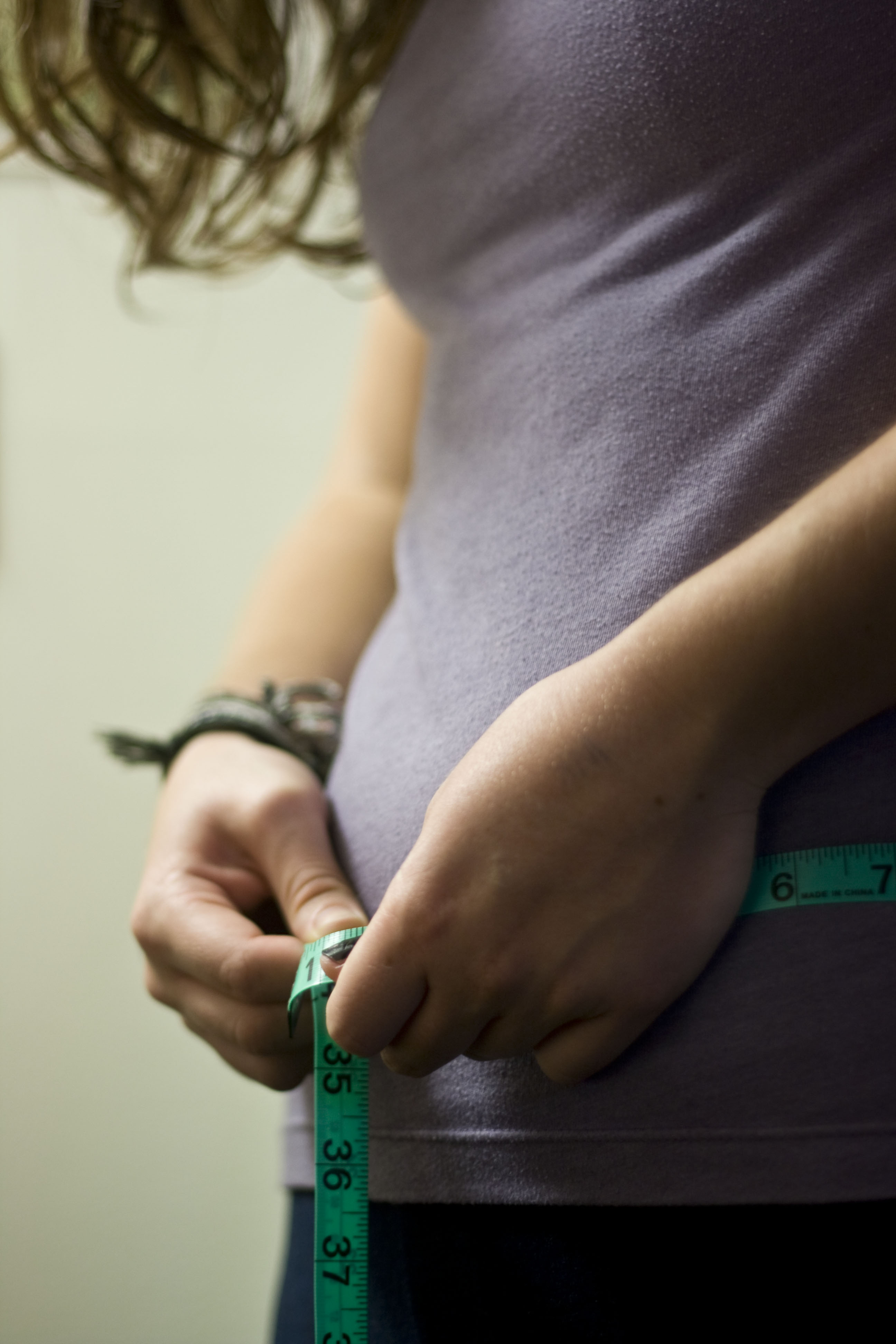The term “freshman 15” is most commonly associated with students entering their first year of college, but weight gain can easily happen to any college student. According to kidshealth.org, studies show that students gain an average of three to 10 pounds during their first two years of college. While “freshman 15” is the term for the expected weight gain of new students, most students don’t gain 15 pounds. However, the challenge to keep those unwanted pounds off by maintaining a healthy lifestyle is still present.
Here is some helpful advice from nutrition experts concerning the freshman 15.
CAUSES
The causes of gaining weight in college are relatively simple. It is a combination of these causes that result in weight gain.
- Eating late at night
- Eating large amounts of unhealthy cafeteria food
- Lack of exercise
- Keeping a lot of unhealthy snacks on hand
- Drinking a lot of alcohol
- Adjusting to college life
HOW TO AVOID THE FRESHMAN 15
If you follow the advice of experts and try to avoid the causes, you will be able to keep off the weight.
-
Avoid binging late at night: If you eat right before
you go to bed, your stomach has to break down and digest
the food all night. This is a factor which leads to
weight gain. So, even though you might pull an
all-nighter studying for a chemistry exam, consuming
Butterfingers and Red Vines probably is not a good idea. -
Stay away from unhealthy café food: Donuts for
breakfast, French fries and cookies for lunch, and ice
cream for dinner? Gaining weight is typical when you are
eating a lot of unhealthy food. Experts say that
desserts are okay, as long as you are not living off of
them. -
Exercise regularly: You might have a hectic schedule,
but try to hit the gym, even if it’s only for 30
minutes. Running helps burn calories and fat, and
working out helps tone muscle. If you make going to the
gym a habit, you are likely to stick with it … good
habits are hard to break. -
Don’t keep an excess of unhealthy snacks in your room:
Doritos and Reese’s might be comfort food, but snacking
all the time will definitely lead to weight gain. Enjoy
your favorites in moderation, but don’t overdo it.
Keeping an excessive amount of snacks in your room is
dangerous: you don’t have to go far to find unhealthy
food. -
Avoid lots of alcohol: Just avoid alcohol … the calories
absorbed lead to massive weight gain, not to mention you
would be breaking Biola’s contract. -
Respond in a healthy way: Experts say that sometimes
weight gain is a response to homesickness, sadness,
stress, anxiety, or sadness. All of these feelings are a
part of moving to a new school that might be far from
home. Don’t make over-eating the solution to your
problems; instead, talk to a counselor, professor,
residence director, or friend.
For additional information about the “freshman 15,” visit kidshealth.org or freshman15.com.







